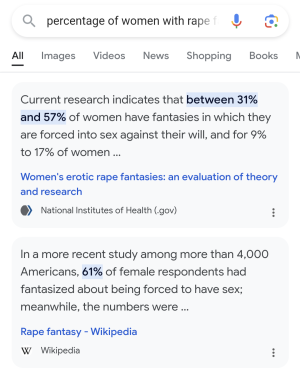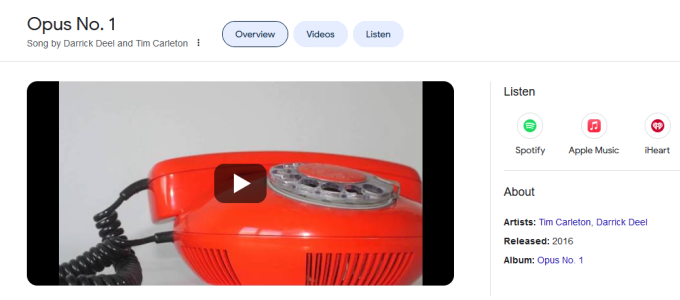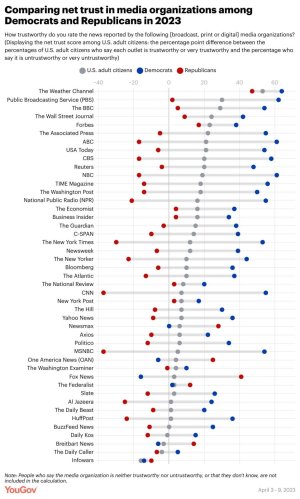Sir San Diego
formerly brolic scholar
- 12,456
- 10,878
- Joined
- Feb 20, 2011
I still think I'm using past wrong sometimes, but oh well. I've looked it up and tried to make sense of it, but it just doesn't register.
Passed vs past.
I embarrassed myself years ago by saying antidote instead of anecdote. No one said anything, it just got quiet and I felt so dumb that I looked it up and corrected myself.
No one said anything, it just got quiet and I felt so dumb that I looked it up and corrected myself. 

No one is perfect.
Does it bother anyone else when someone says they "drunk" something instead of "drank" something? I never correct people, but it's irksome.
Another thing that bothers me is people not knowing basic verbs in past participle form.
Meh.
Passed vs past.
I embarrassed myself years ago by saying antidote instead of anecdote.
 No one said anything, it just got quiet and I felt so dumb that I looked it up and corrected myself.
No one said anything, it just got quiet and I felt so dumb that I looked it up and corrected myself. 

No one is perfect.
Does it bother anyone else when someone says they "drunk" something instead of "drank" something? I never correct people, but it's irksome.
Another thing that bothers me is people not knowing basic verbs in past participle form.
Meh.


 Kinda makes sense a lot of my family members play instrumentss
Kinda makes sense a lot of my family members play instrumentss




























